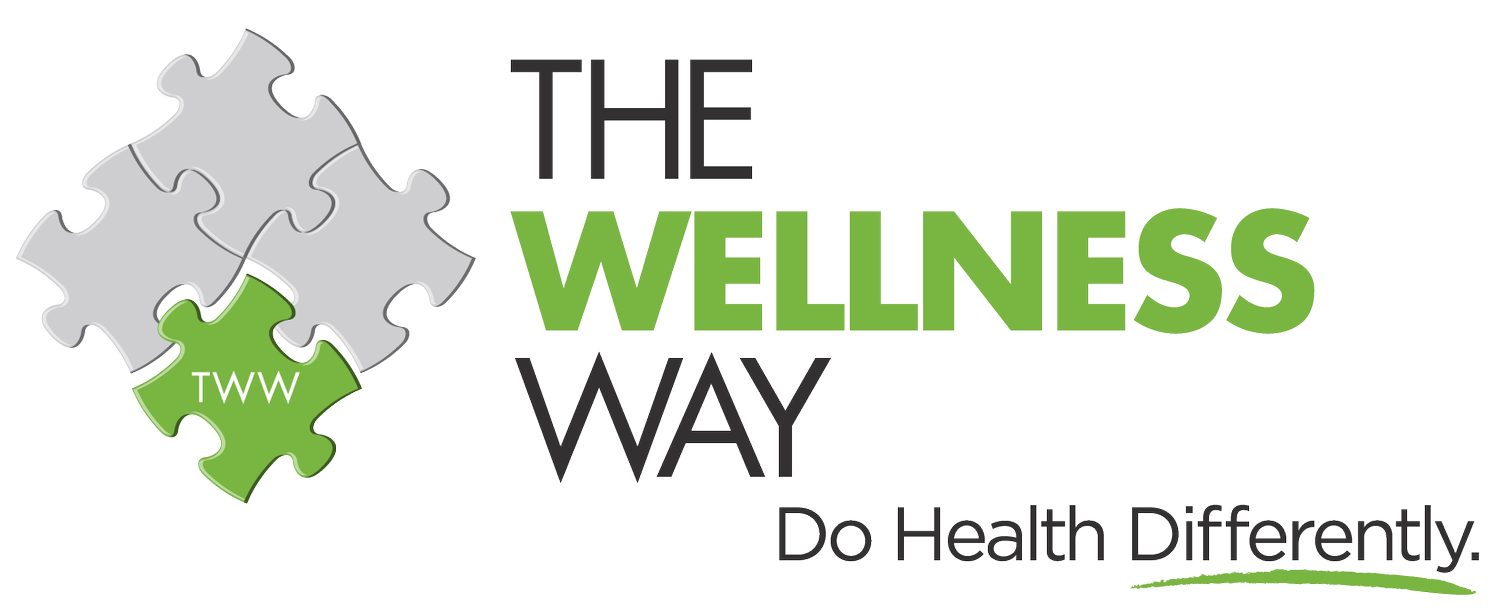Rest Easy: Tips and Supplements for a Good Night’s Sleep
Sleep is essential for maintaining overall health and well-being. When we don't get enough sleep, we risk developing serious health problems such as heart disease, obesity, and mental health issues. More so, quality sleep allows our bodies to repair tissues, consolidate memories, and regulate hormones, making it a critical component of a healthy lifestyle.
What is Sleep?
Sleep is a natural, recurring state of rest that is vital for various physiological functions. During sleep, our bodies go through several stages, including light to deep sleep (NREM sleep) and vivid dreaming (REM sleep). Each stage plays a crucial role in physical restoration, cognitive performance, and emotional regulation.
What is Circadian Rhythm and Why is it Important?
Circadian rhythm is the internal body clock that regulates the 24-hour cycle of biological processes, including sleep and wakefulness. This rhythm influences sleep-wake cycles, hormone release, eating habits, and body temperature, and is affected by environmental cues like light and temperature.
Maintaining a healthy circadian rhythm is essential for optimal physiological functions. Disruptions can lead to sleep disorders, metabolic issues, and mental health problems.
Three Key Strategies to Improve Sleep
1. Prioritize Sleep from Morning to Night
Morning Walks: Start your day with a morning walk to expose your body to natural light. This exposure helps regulate your circadian rhythm, setting you up for a productive day and restful night.
Evening Walks: Taking a walk as the sun sets helps your body wind down. Evening light exposure balances your circadian rhythm and signals to your body that it’s time to relax and prepare for sleep.
2. Create a Sleep-Friendly Evening Routine
Wind Down Routine: Develop a calming pre-sleep routine that helps you relax and de-stress. Activities like reading, gentle stretching, or taking a warm bath can help signal to your body that it’s time to sleep.
Remove Electronics: Keep TVs and other electronic devices out of the bedroom. Electronics stimulate the brain and can interfere with your ability to fall asleep, so avoid using them before bed.
3. Incorporate Daily Movement
Exercise: Aim to move your body regularly throughout the day. Whether it’s a dedicated workout or just taking frequent short walks, physical activity helps reduce stress and promotes better sleep.
Additional Tips for Better Sleep
Set an Early Bedtime: Try to go to bed by 9 or 10 pm to maximize the amount of deep, restorative sleep you get. Early bedtime can improve sleep quality and support your body’s natural rhythms.
Limit Evening Eating: Avoid eating large meals late in the evening; try to finish eating by 7 pm. Allowing your body time to digest before bed can prevent discomfort and improve sleep quality.
Maintain a Consistent Sleep Schedule: Going to bed and waking up at the same time every day, even on weekends, helps regulate your body's internal clock. Consistency reinforces your sleep-wake cycle and can make it easier to fall asleep and wake up naturally.
Limit Caffeine and Alcohol Intake: Caffeine and alcohol can disrupt your sleep patterns. Try to avoid caffeine after 2 PM and limit alcohol consumption, especially in the evening. While alcohol might make you feel sleepy initially, it can interfere with your sleep cycle and reduce the quality of your rest.
Manage Stress and Anxiety: Chronic stress and anxiety can significantly impact your ability to sleep. Incorporate stress-reducing practices into your daily routine, such as mindfulness meditation, yoga, or deep breathing exercises. Journaling your thoughts before bed can also help clear your mind and prepare you for sleep.
Incorporate Relaxing Herbs and Supplements
Another great way to support better sleep is incorporating herbal supplements that promote relaxation and healthy sleep patterns. Here are some you may consider to add into your routine:
Valerian Root
Helps alleviate occasional, mild sleeplessness by increasing levels of gamma-aminobutyric acid (GABA), a neurotransmitter that promotes relaxation and sleep.
It also reduces stress and nervous tension, making it easier to unwind and fall asleep.
CBD
Supports restful sleep by interacting with the body’s endocannabinoid system, which helps regulate sleep patterns and promote a sense of calm.
It also reduces anxiety and stress, which can interfere with the ability to fall and stay asleep.
California Poppy
Promotes relaxation and supports healthy sleep by acting on GABA receptors, which help calm the nervous system.
It also reduces occasional feelings of anxiety, making it easier to achieve a restful state.
L-Theanine
Enhances sleep quality by increasing the production of calming neurotransmitters like GABA, serotonin, and dopamine, which help reduce stress and promote relaxation.
It provides relaxation without causing drowsiness, helping to create a peaceful state conducive to falling and staying asleep.
Making sleep a priority is essential for your health and well-being. By incorporating morning and evening routines, reducing screen time, and adding movement to your day, you can significantly improve your sleep quality.
Contact The Wellness Way Sarasota today for a consultation and let’s talk about how we can help you achieve better sleep. Whether you’re struggling with occasional sleeplessness, stress-related insomnia, or simply want to enhance your sleep quality, our experts are here to provide personalized guidance and recommendations.
Don’t wait any longer to address your sleep issues—take the first step towards better rest and well-being today.

